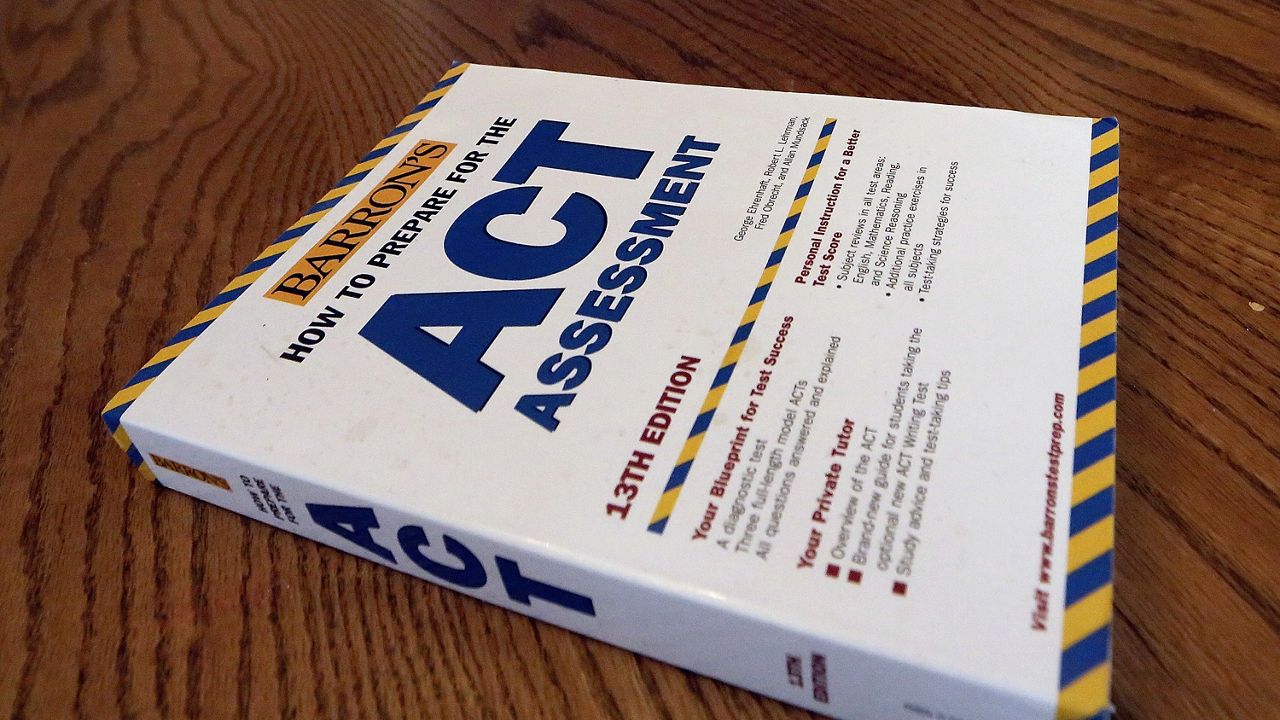Scores on the ACT college admissions test fell to a 30-year low in 2023.
The average composite score on the exam fell 0.3 points to 19.5 compared with 19.8 last year, according to the nonprofit group that administers the exam. The top score is 36.
Average scores in math, reading and science were all below college readiness benchmarks, the nonprofit reported Tuesday.
About 40% of the country’s high school seniors met none of the college readiness benchmarks for English, math, reading or science, and 70% fell short of meeting the benchmarks for math. Roughly 1.4 million students took the ACT this year in all 50 states.
“This is the sixth consecutive year of declines in average scores, with average scores declining in every academic subject,” ACT CEO Janet Godwin said in a statement. “We are also continuing to see a rise in the number of seniors leaving high school without meeting any of the college readiness benchmarks even as student GPAs continue to rise and students report that they feel prepared to be successful in college.”
She said the educational system is not doing enough to ensure that students graduating from high school are truly ready to succeed in college or in a career.
The ACT data comes amid recent reports that teachers are unable to hold students accountable for meeting class requirements and are pressured to pass unprepared students onto subsequent grades.
The 2023 graduating class was in its first year of high school when the COVID-19 pandemic began. The ACT noted that the decline in college readiness benchmarks correlated with the so-called COVID cohort, with just 21% of students meeting all four readiness benchmarks in English, math, reading and science and 43% meeting none of them.
Readiness benchmarks are the minimum ACT test scores required for students to have a better chance of succeeding in their first year of college classes. Students who meet the ACT benchmarks have a 50% chance of earning a B or better in the corresponding subject college class and a 75% chance of earning at least a C.
“These systemic problems require sustained action and support at the policy level. This is not up to teachers and principals alone,” Godwin said. “It is a shared national priority and imperative.”




